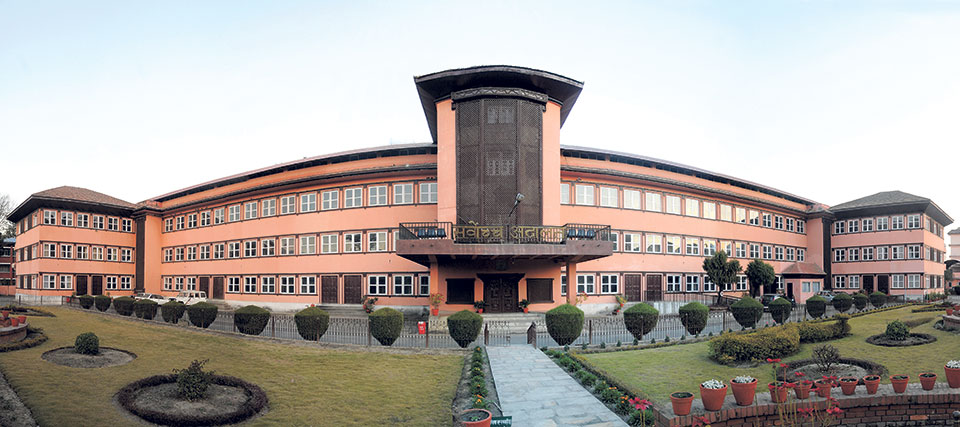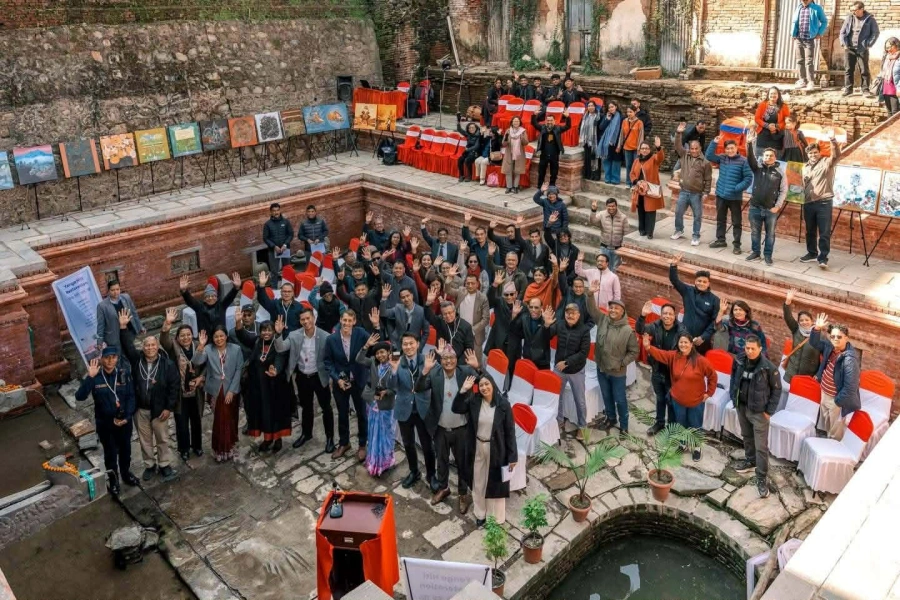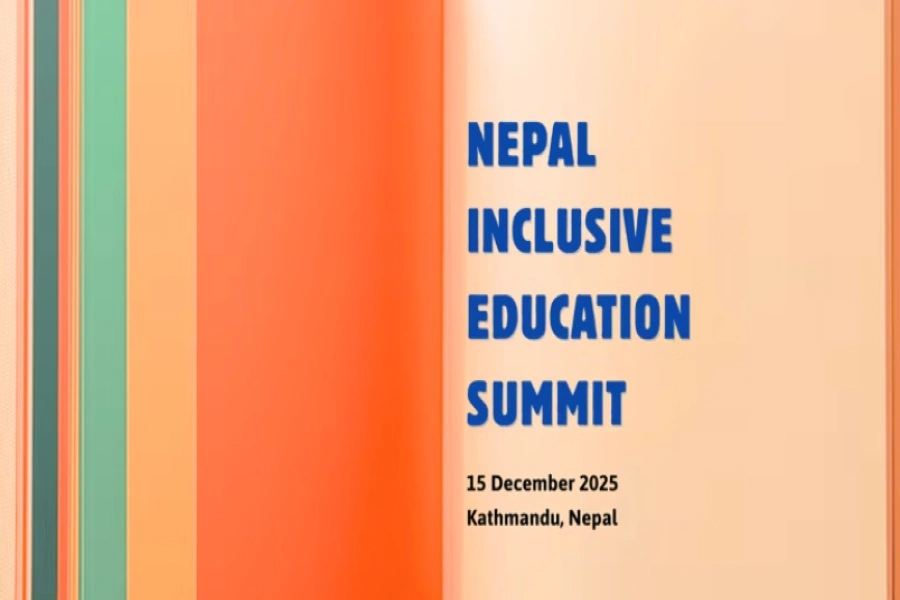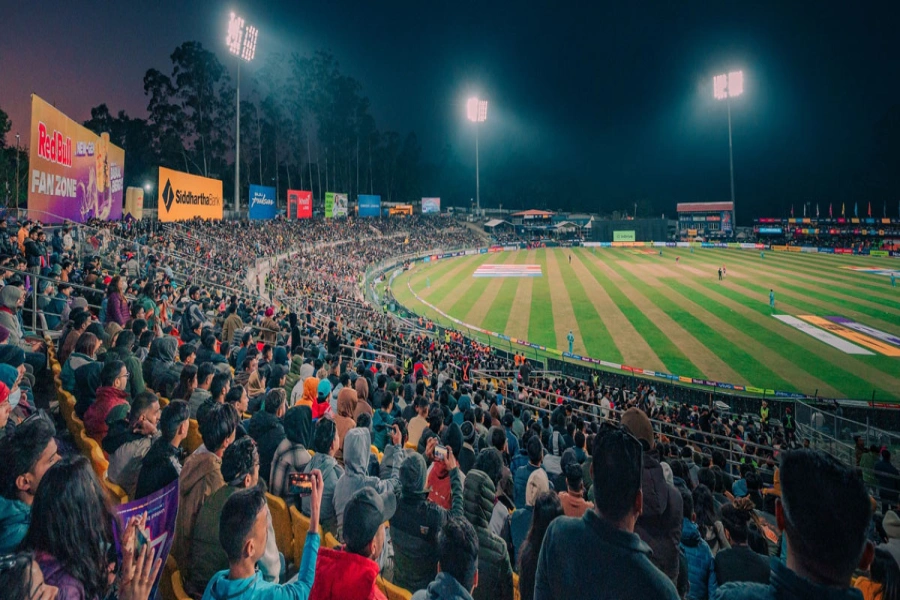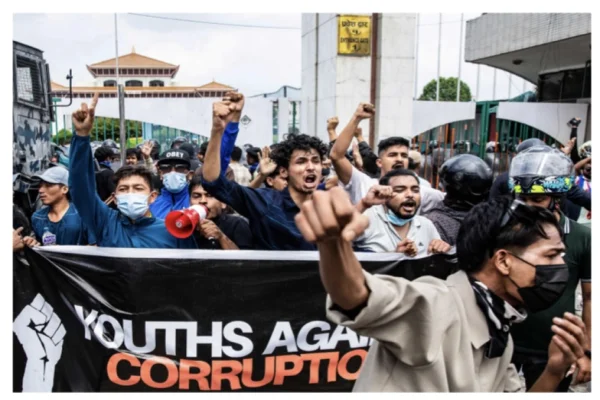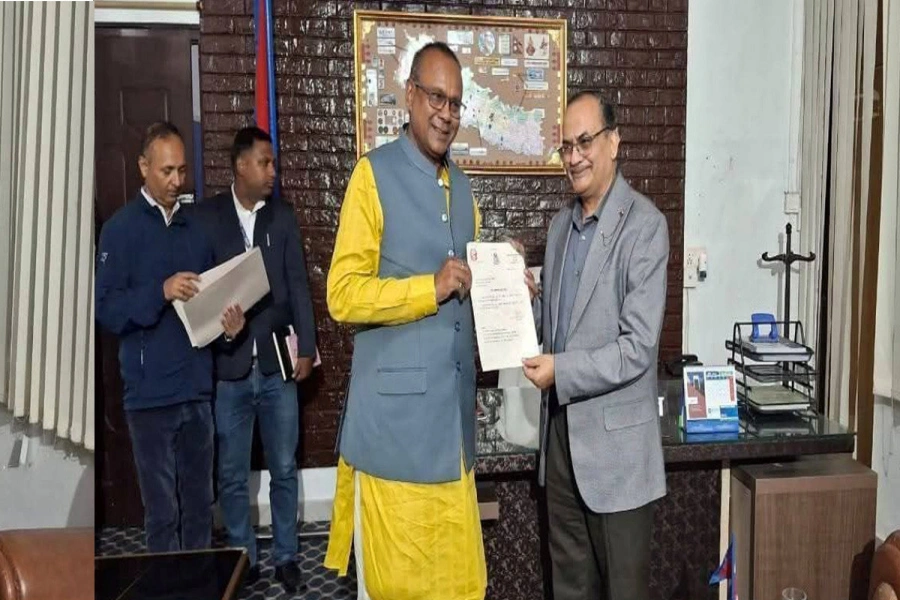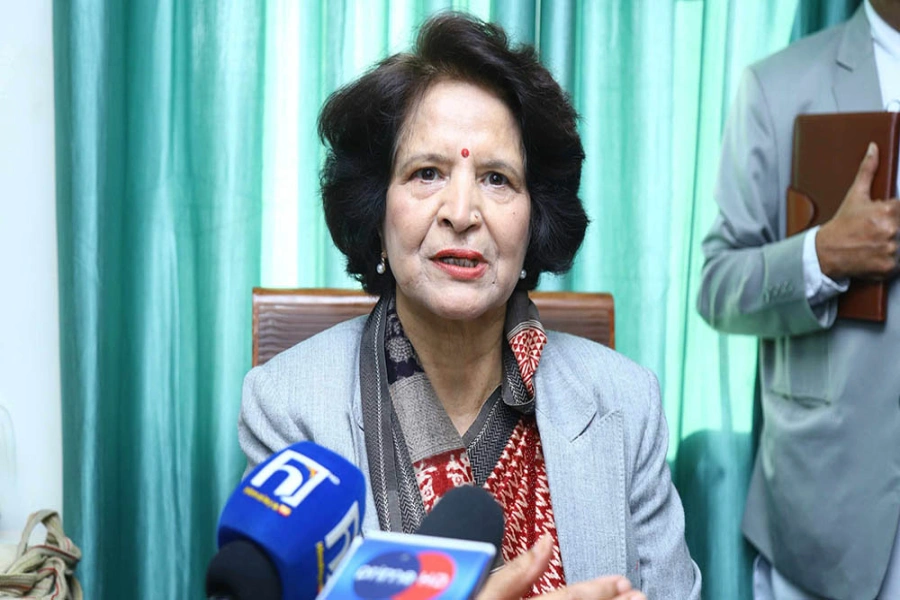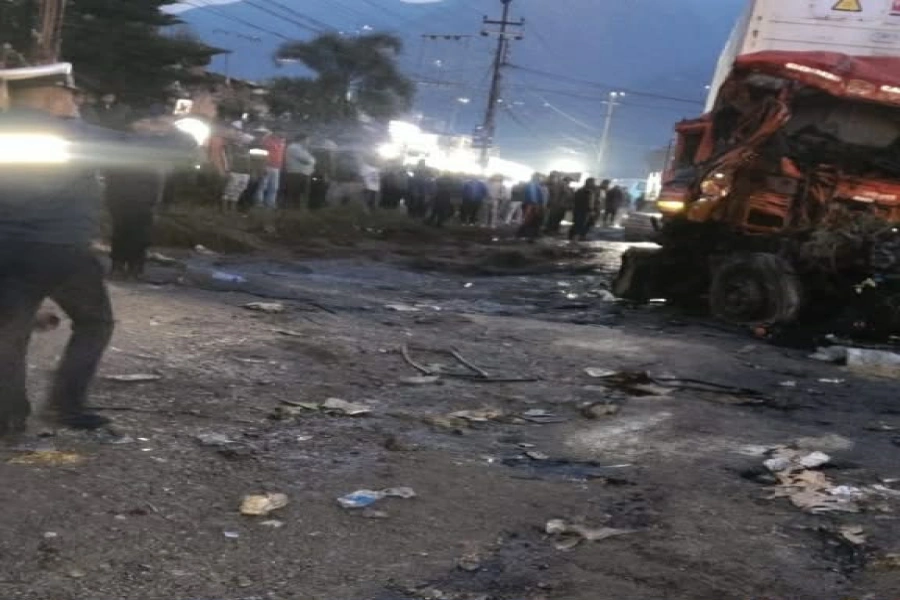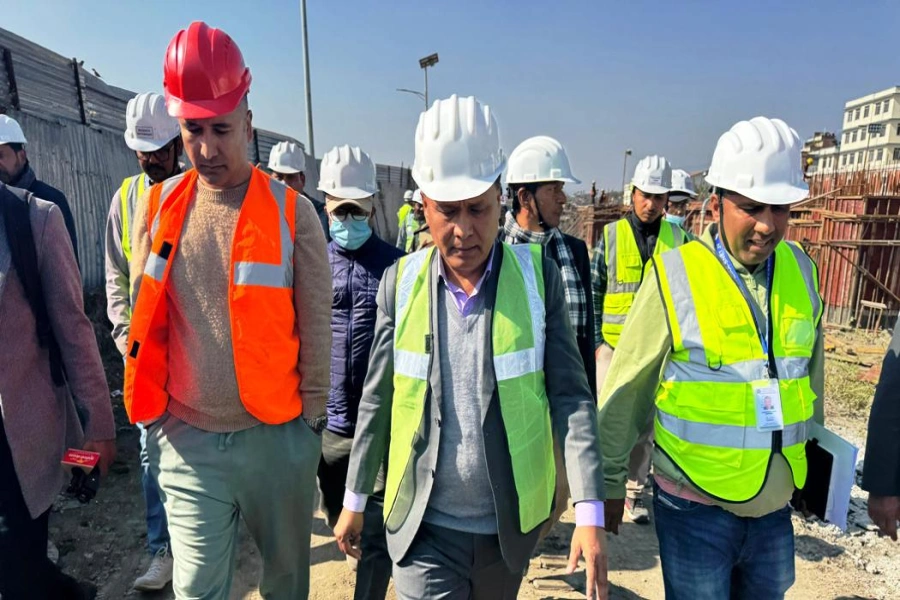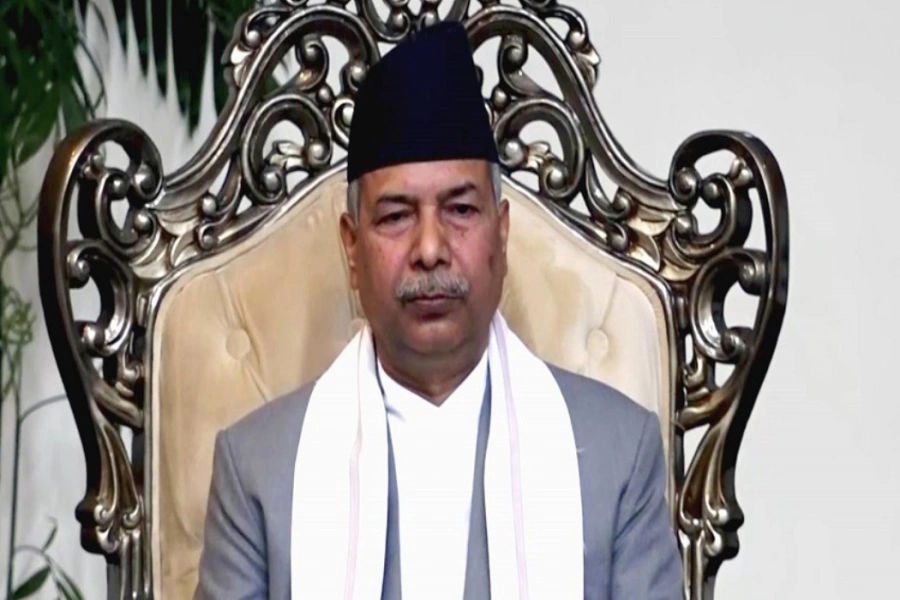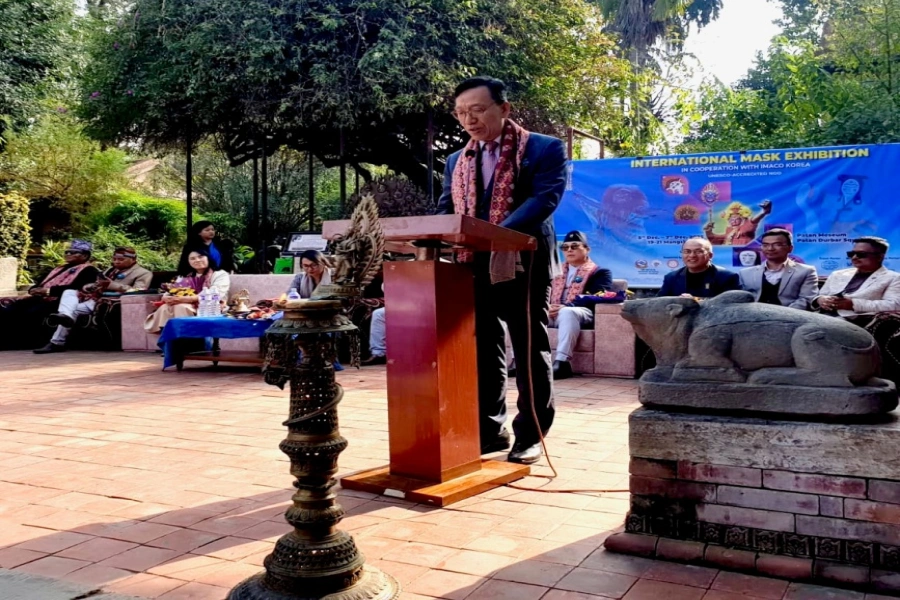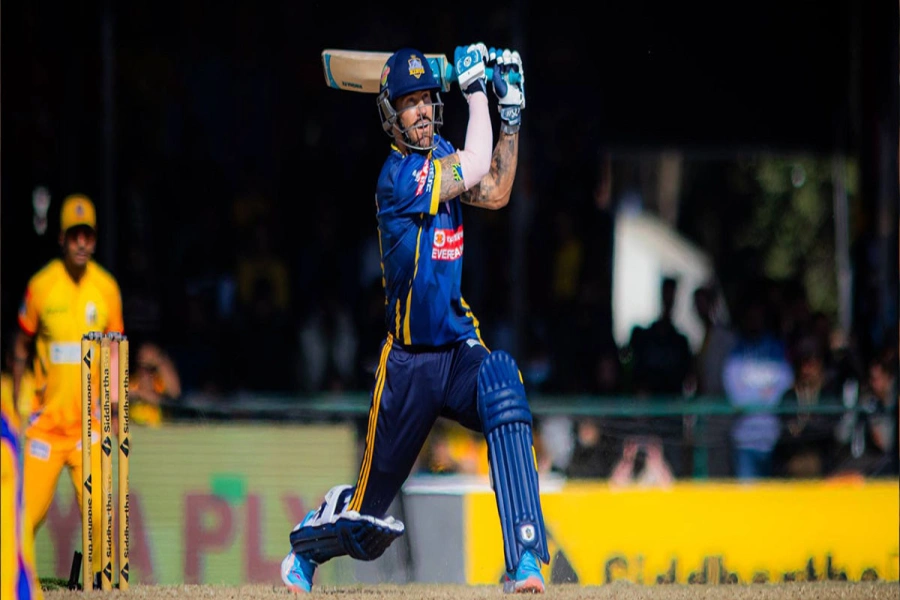The deadlock at the Supreme Court should not prudently be understood as a problem of the judiciary alone. It is a by-product of the weak, amateur and endangered institutional set-up of the Nepali state — mostly inherited from the politics woven around an individual, a family or a group of a few, that often exercised their unethical and illegitimate power above institutional authority. Therefore, it is neither going to be the last problem in the judiciary nor can it be understood as a problem limited to the judicial system of the country — it reflects the ailing health of all state institutions constantly derailing development and endangering democracy. It is an extension of a numerous minuscule and a few fierce problems intentionally hidden below the carpet by a collective collaboration of people at authority in the executive, legislative, judicial and constitutional bodies of the state.
The quality of institutions in any polity determines the outlook of development and democracy therein. Daron Acemoglu and James Robinsion, in their book, Why Nations Fail, show how institutions decide the economic conditions of the people living within territorial borders. Despite consistent reminders by development partners and grievances of the general public targeted at amateur institutionalism in Nepal, people in authority kept on abusing state institutions for their private interests. Three reports published recently substantiate this fact — the report by the Commission for the Investigation of Abuse of Authority (CIAA) and another report by the Office of the Auditor General exposed the level of financial corruption and abuse of authority whereas the other report by a committee formed under the chairmanship of Supreme Court Justice, Harikrishna Karki, exposed how the judicial system, the last recourse to get some relief, itself is adulterated due to corruption, middlemanship, and discrepancies.
When the judiciary, constitutional and regulatory bodies are turned into epicentres of corruption, run by nominees notorious for their malpractices or nominated through unconstitutional processes, there is nothing which makes us optimistic about a democratic polity. In such a state, we require not only to re-institutionalize its tangible structure but also to infuse a necessary distinction between personal and political and necessary precondition of public morality among its people. Doing so is understood as a process of reinstitutionalization which beckons us to understand institutions first.
Understanding democratic institutions
US wants to see Nepal's democratic institutions, constitutional...

Defending institutions requires us to understand an institution as more than a thing or an object. It is a process or set of processes infused with values that shape human behavior. An institution can be any form of formal, informal or normative constraints in society devised to shape human action. Such constraints can be established through law, customs-conventions-practices incorporating normative structure, compliance procedures, and standard operation practices that structure the relationship between individuals, individuals and institutions, as well as among institutions at various units of polity.
A functioning democracy needs a structural set up of organizations with public control for the welfare of larger masses. Such a structural set up requires autonomy from external pressures and integrity from within to win public trust and legitimacy which will help them to materialize universal ideals of equality, liberty and fraternity in practice. It includes institutions under the judiciary, legislative and executive along with regulatory and constitutional bodies that shape the process of statecraft and its efficacy in delivering requirements of the people. Such state institutions are known as democratic institutions just because they are established through public mandate, work under public control and can be reformed through legitimate processes only for the larger benefit of the masses.
A better functioning of democratic state also requires a healthy public sphere specifically built by evolving discourses in the polity. Certain factors like media, civil society, religion, and popular culture fundamentally play a very critical role not only in shaping worldviews but also in the functioning of a nation-state itself. For example, the media and civil society played a very critical role in developing public understanding of how the Supreme Court judge is supposed to work and culture based on Vaidik religion still plays a fundamental role in shaping the concept of justice in Hindu society. Such a set of activities without codified boundaries and set of rules happening in an informal framework are known as informal democratic institutions.
Both formal institutions of the state and informal institutions in a polity share a reciprocal relationship. The institutions of legislature, executive, constitutional and regulatory bodies decide the rights and scope of informal institutions like media, civil society and popular culture while the latter influence the former by exposing what is right and what is not according to public conscience and assumed normative frameworks. The more ideal informal institutions are, the better state institutions work. Unfortunately, formal institutions are facing a crisis of credibility and informal institutions are still captive to political control, lacking sufficient courage to challenge forces responsible for malpractices.
Why do we need to defend democratic institutions?
Since institutions are created as a response to challenges, they decide state efficacy in resolving problems of social, economic and political nature in a polity. Democratic institutions check concentration of power and resources onto the hands of a few in power and help to mitigate class conflicts if they are devised in an inclusive way. It is the institutions which decide the process of statecraft and its efficacy on delivering necessities of the people — they fix the way the rights of people are protected and their problems resolved. Thus, socio-economic conditions of people in every polity have their roots in institutions devised.
Institutions determine state capacity and authority to implement decisions and achieve designed goals. The efficacy of state institutions to provide solutions to the existing problems depends on the integrity of their internal functioning and the level of autonomy they enjoy from external pressures. Enhancing state capacity requires state institutions devised in a way not only to save themselves from the private interests of politicians and the bureaucrats, but also to translate private interests of multiple stakeholders into collective interests.
Institutions shape behavior, power, and policy preferences not only of political actors and state bureaucrats, but also of non-state actors like civil society and market. As argued by rational choice theorists, actors within the institutions and those creating institutions are utility maximizing, selfish individuals guided by primary motive to pursue their self-interests and personal preferences. They engage in changing the institutional environment to suit their personal goals. The principle of separation of power, establishment of constitutional and regulatory bodies, political control over policy to mobilize resources, bureaucrats obliged to follow dictates of their political masters and politicians made accountable to their voters, transfer of certain policy areas from parliaments and governments to autonomous regulatory bodies were all devised to save institutions from vested private interests of actors in state institutions. The interdependent and interacting relationship of state institutions shape resources and capacities of political leaders and their parities to limit their bossiness.
Although institutions anywhere intermittently face a number of problems due to their static nature, inter-institutional friction, elevated public expectations and raising public awareness, institutions in Nepal are facing legitimacy crisis due to inherited institutionalized ill-practices, extreme politicization of every sector and evolving patron-client relationship between politicians at power and bureaucratic officials working under state institutions. The culture of the forces shaping law-making bodies and executive departments itself is in conflict with what we expect from institutions and what we happen to face. The Supreme Court deadlock is also a manifestation of ill-practices exercised by political forces to maintain their illegitimate control over power and resources in the country. Although correcting loopholes in the Supreme Court can be a perfect initiative, overlooking discrepancies at other institutions would not be a far-sighted approach.


